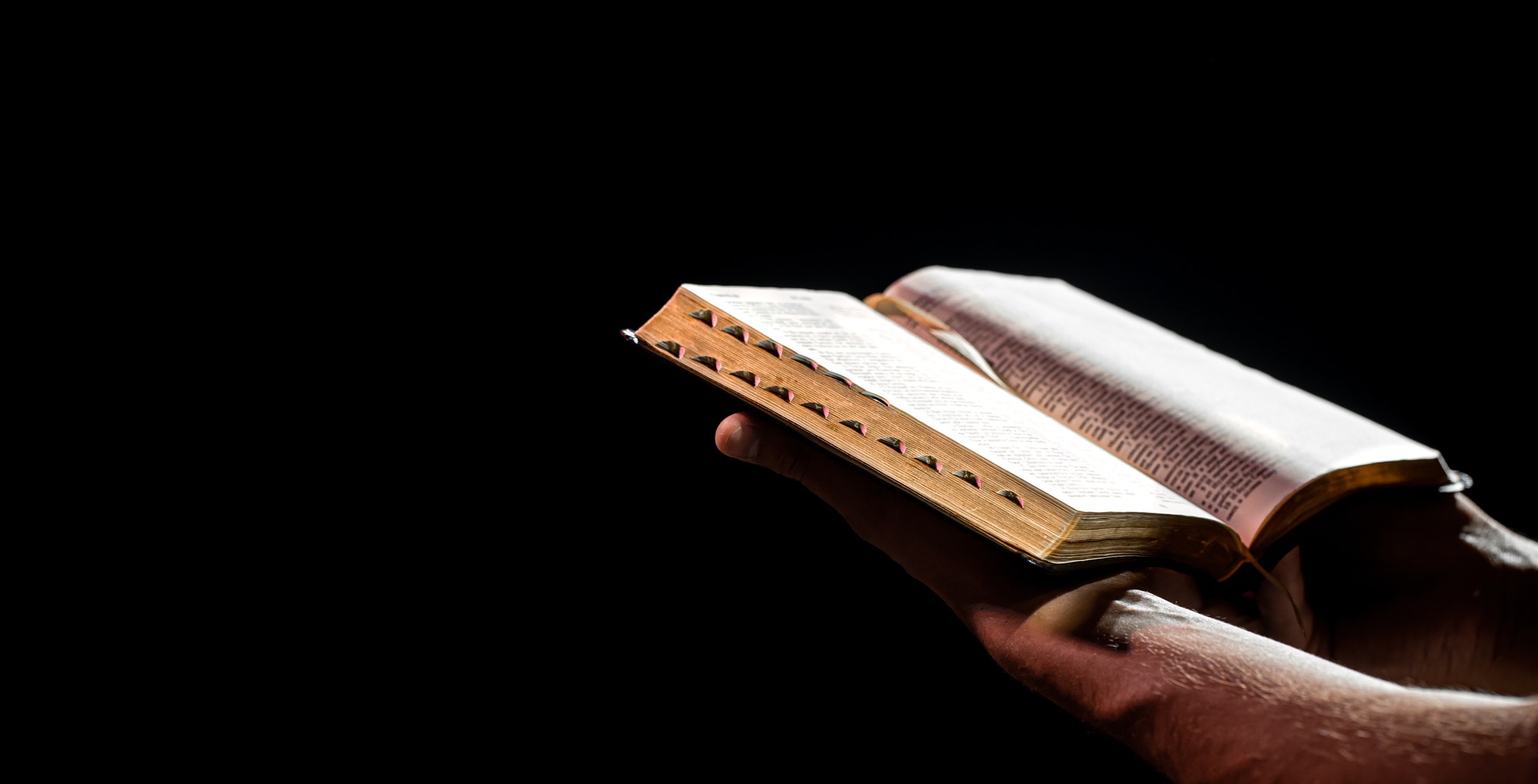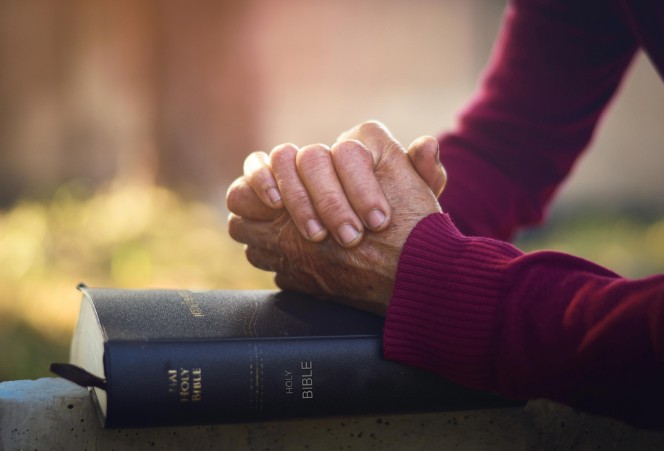By Robin Gallaher Branch
Eleazar, Aaron’s son and successor as high priest, witnessed some of the most dramatic events in Israel’s early history. Mentioned more than 60 times in the books of Exodus through Joshua, Eleazar carried out the second census with Moses and administered the division of the land of Canaan with Joshua, the military hero and Moses’s successor.
Eleazar, whose name means “God has helped,” comes from a remarkable Levite family. His uncle and aunt—Moses and Miriam—are commended with Aaron as the three sent by the Lord in connection with Israel’s deliverance from Egypt (Micah 6:4). His mother Elisheba and the couple’s other sons—Nadab, Abihu, and Ithamar—likewise are named (Exodus 6:23). Specific naming is a singular honor in the Bible.
No doubt these events shaped Eleazar’s youth:
- The ten plagues in Egypt (blood, frogs, gnats, flies, livestock pestilence, boils, hail, locusts, darkness, and death of the firstborn) (Exodus 7:14–12:32)
- The parting of the Sea of Reeds (Exodus 14)
- The giving of the law and Ten Commandments at Mt. Sinai—accompanied by lightning, thunder, trumpets, and the shaking and smoking of the mountain (Exodus 19–20)
- The Lord’s protective cloud by day and pillar of fire by night (Numbers 9:16–17)
- The sending of 12 spies into the land of Canaan; ten reported a people of “great size” who “are stronger than we are” (Numbers 13:1–29, 31–33)
Eleazar in the Bible: Aspects of His Priesthood
Eleazar came to prominence because of the deaths of his brothers, Nadab and Abihu. They presented an unsolicited offering to the Lord, what the Bible calls “unholy fire” (Leviticus 10:1). Judgment on their action was immediate and final: “And fire came out of the presence of the Lord and consumed them” (v. 2). Afterward, Eleazar and his brother Ithamar assumed priestly duties; these included offering sacrifices for the people and interceding to God on their behalf. Later, Eleazar was named chief over the leaders of the Levites (Numbers 3:32).
The Bible most frequently mentions Eleazar indirectly with variations of this formula: The Lord speaks to Moses and tells Moses to tell Aaron and Aaron’s sons such and such (see Numbers 6:22–23). Notably, Eleazar received mentoring for decades from Aaron and Moses, two of Israel’s greatest leaders. Eleazar also figured in the purification of the censers after the revolt of Korah, Dathan, and Abiram (Numbers 16). The Lord commanded Moses to tell Aaron to tell Eleazar to get the holy censers from the blaze (v. 37). He was to hammer them into plates that would cover the altar. They were holy and would remind the Israelites not to become like Korah (vv. 38–40).
Eleazar: Aaron’s Successor
Death marked much of Eleazar’s recorded life. With his priestly father and brother, he oversaw the deaths of thousands of Israelites during their 40-year wilderness wanderings. Because they had complained against the Lord, they perished and did not enter the promised land (Numbers 14:27–30).
Mountaintops appear frequently in the Bible as sites of death, burial, and divine encounters. The Lord told Moses that Aaron was about to die and that he, Aaron, and Eleazar were to go up to Hor, a mountain on Edom’s border (Numbers 20:23). Aaron was to be dressed in his priestly vestments. At the top, Moses was to remove them and dress Eleazar. Once Eleazar was clothed, Aaron would be “gathered to his people,” a phrase meaning death. Three ascended the mountain, but only two came down. The Bible records no emotions, but there must have been many, for “Israel mourned Aaron for thirty days” (vv. 23–29).
After Aaron’s death, the Lord spoke to Moses and Eleazar, telling them to speak to the Israelites about the upcoming second census (Numbers 26:3–4). This census, conducted for military purposes, paralleled an earlier one in the first chapter of the book. A new generation readied itself to leave the wilderness and take possession of Canaan, the promised land.
Eleazar also addressed troops returning from a battle against Midian with much loot (Numbers 31:21–24). The metals taken had to be purified by fire and cleansed by water. The booty was inventoried and allotted to the warriors and then the people; portions also went to the Lord and the Levites (vv. 23–31).
The Lord directed Moses regarding leadership succession (Numbers 27:12–23). Moses was to take Joshua, have him stand before Eleazar and the whole assembly, lay hands upon him, and commission him. Joshua would receive a portion of Moses’s authority. Eleazar would obtain decisions from the Lord for Joshua “by inquiring of the Urim before the Lord” (v. 21).
Shortly thereafter, Moses died near Mt. Nebo in the “land of Moab” in Transjordan (Deuteronomy 34:1–5). The Lord re-confirmed Joshua as Moses’s successor (Joshua 1:1–5) and commanded Joshua to be strong and courageous and meditate daily on the book of the law (vv. 6–9).
Joshua and Eleazar governed the Israelites together in this new era. One of their first actions was to cross the Jordan River and enter Canaan (Joshua 3). Following the Lord’s instructions to Joshua, priests led the way while carrying the Ark of the Covenant. Presumably, Eleazar was among them. When the priests’ feet touched the Jordan, the river receded and the ground became dry. The miracle resembled the one 40 years earlier when the Sea of Reeds had parted, allowing the Israelites to escape the Egyptians on dry ground. The Lord stated his purpose to Joshua: “This day I will begin to exalt you in the sight of all Israel so that they may know that I will be with you as I was with Moses” (v. 7).
Chapters 4–12 tell some of the adventures, deceptions, strategies, and battles surrounding the conquest of the land; in these Joshua dominates. However, chapters 13–21 chronicle the distribution of the land to the tribes, an action shared by Eleazar and Joshua. Eleazar’s name precedes Joshua’s in many passages, a textual hint that at that time, he may have been the more prominent (Joshua 17:4; 19:51; 21:1).
The Book of Joshua ends with the deaths and burials of these leaders. Joshua dies at age 110; the biblical text notes he was buried in the hill country of Ephraim (Joshua 24:29–30). Eleazar’s death and burial at the Ephraimite town of Gibeah concludes the book (v. 33). Rabbinic discourse states that Joshua wrote much of the book bearing his name but that Eleazar and his son Phinehas finished it (Bava Batra 15a:7a).
Eleazar’s shadow stretches across the ages because his legacy of strong character extended to Phinehas. It seems Phinehas acted quickly to stem the Lord’s anger because of an outbreak of religious apostasy and sexual sin among the Israelites (Numbers 25:1–3). Speaking to Moses, the Lord made a “covenant of peace” with Phinehas (vv. 4–12). The Lord commended “the son of Eleazar” for his zeal and gave him and his descendants “a covenant of perpetual priesthood” (v. 13).
Eleazar’s life is remarkable for the instances the Bible mentions but also for a silence. Unlike the leaders Moses, Aaron, Miriam, and later David, scripture records no rebuke of him. It seems that Eleazar learned a life-long lesson from the deaths of his brothers Nadab and Abihu—he learned obedience.




